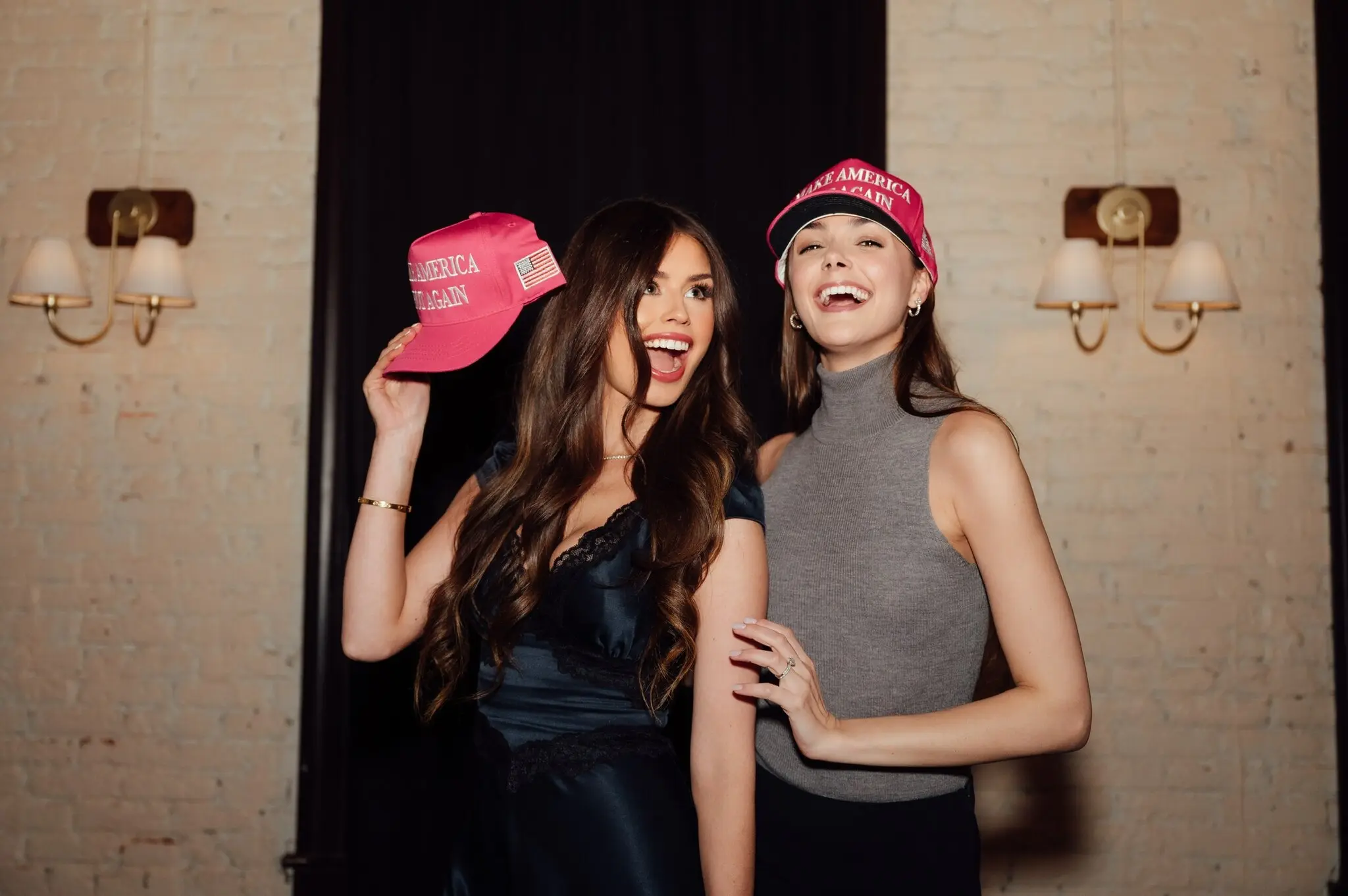The Subtle Language of Clothing
Clothing serves as a non-verbal communication tool, conveying messages about identity, values, and affiliations. For instance, the choice of wearing sustainably produced garments may signal environmental consciousness, often associated with progressive ideologies. Conversely, opting for traditional attire might reflect conservative values and a preference for established norms.
The colors, brands, and styles individuals choose can also carry political connotations. Wearing certain colors or symbols can be a deliberate act to showcase solidarity with a movement or to express dissent. This nuanced form of expression allows individuals to participate in political discourse without uttering a word.
Fashion Activism: A Historical Perspective
The concept of fashion activism isn’t new. Historically, clothing has been used as a form of protest and a means to challenge societal norms. From the suffragette movement’s adoption of white attire to signify purity and virtue, to the Black Panther Party’s use of black leather jackets and berets to project strength and unity, fashion has been a powerful tool in political movements.
In contemporary times, designers and activists continue to use fashion to address social and political issues. Runway shows and streetwear often incorporate messages about climate change, racial justice, and gender equality, turning garments into canvases for activism. This trend underscores the role of fashion as not just a reflection of culture but as an active participant in shaping societal narratives.
The Left-Right Fashion Spectrum
Analyzing fashion through a political lens reveals distinct patterns associated with left and right ideologies. Progressive fashion often embraces diversity, sustainability, and innovation, reflecting values of inclusivity and change. This can be seen in the popularity of gender-neutral clothing lines and eco-friendly materials among left-leaning consumers.
On the other hand, conservative fashion tends to favor timeless styles, modest cuts, and traditional craftsmanship, emphasizing values like heritage, order, and stability. Brands that highlight classic designs and quality materials often resonate with right-leaning individuals who appreciate continuity and tradition in their attire.


